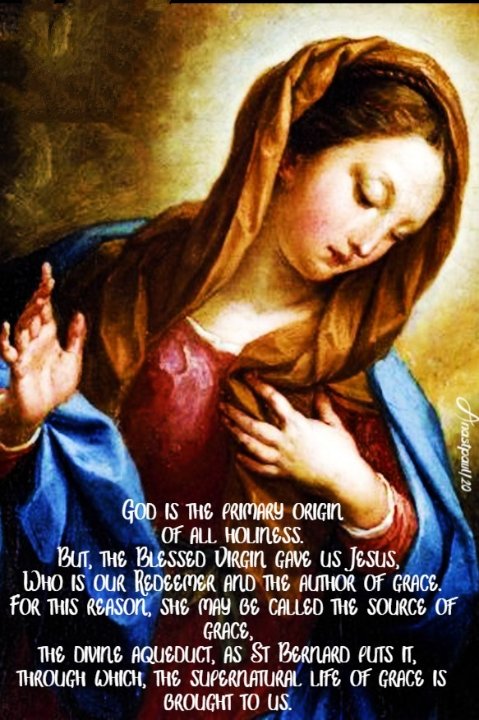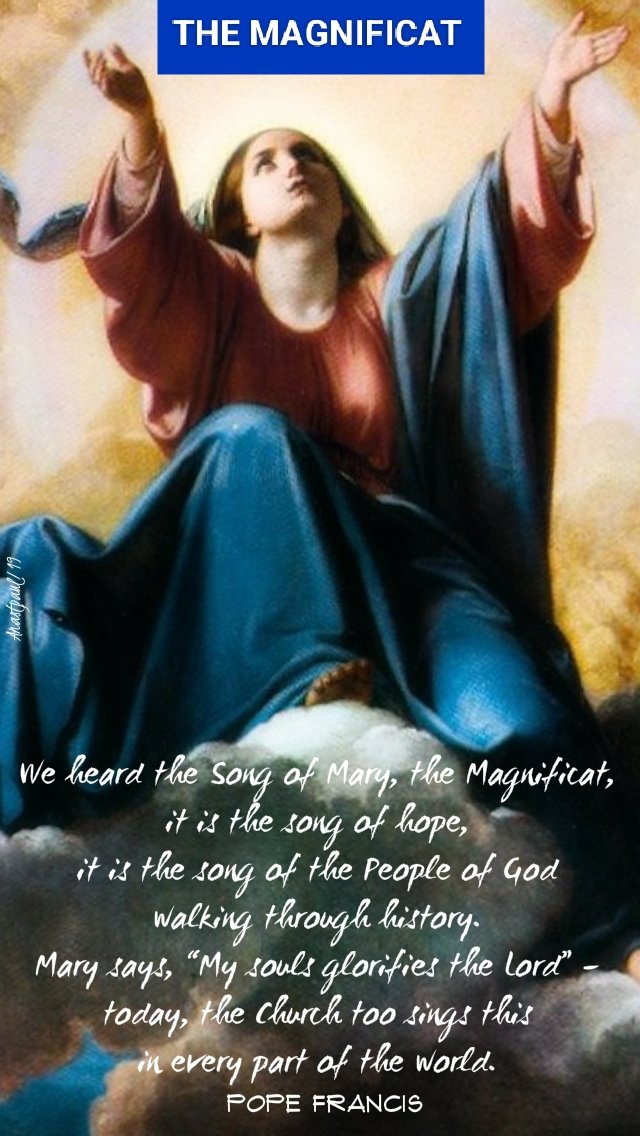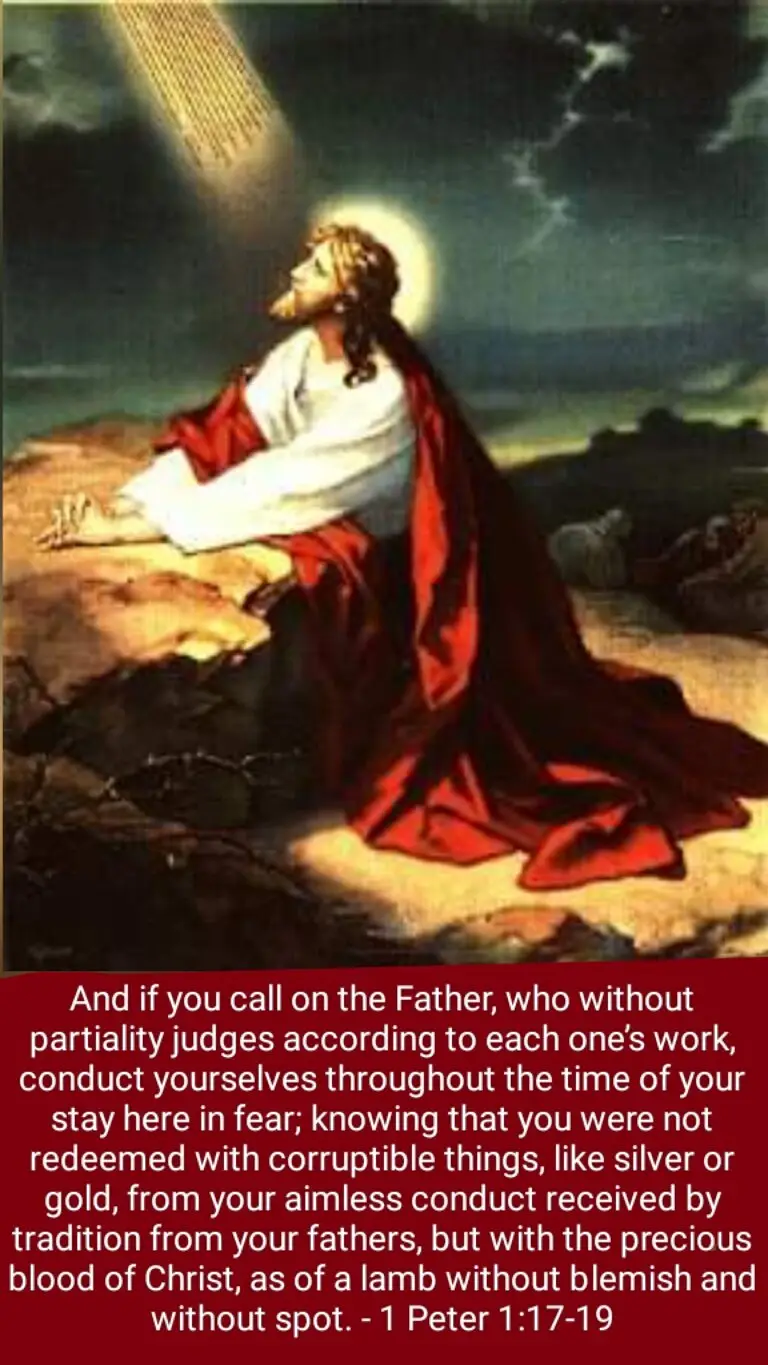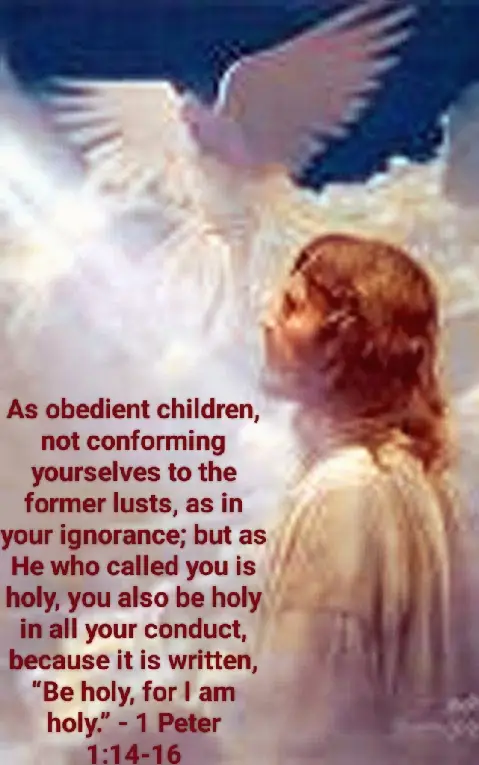THE MAGNIFICAT

The Magnificat, taken from Luke’s Gospel (1:46-55), is the Blessed Virgin Mary’s hymn of praise to the Lord. It is also known as the Canticle of Mary in the Liturgy of the Hours, a special collection of scripture readings, psalms, and hymns that constitute what is known as the prayer of the church. (Priests and other religious are required to pray sections from the Liturgy of the Hours each day.)
The Magnificat provides great material for meditation on the Visitation, the second Joyful Mystery of the Rosary, pictured above. When the angel Gabriel informs Mary that she is to be the Mother of God, he also tells her of her relative Elizabeth’s pregnancy with John the Baptist.
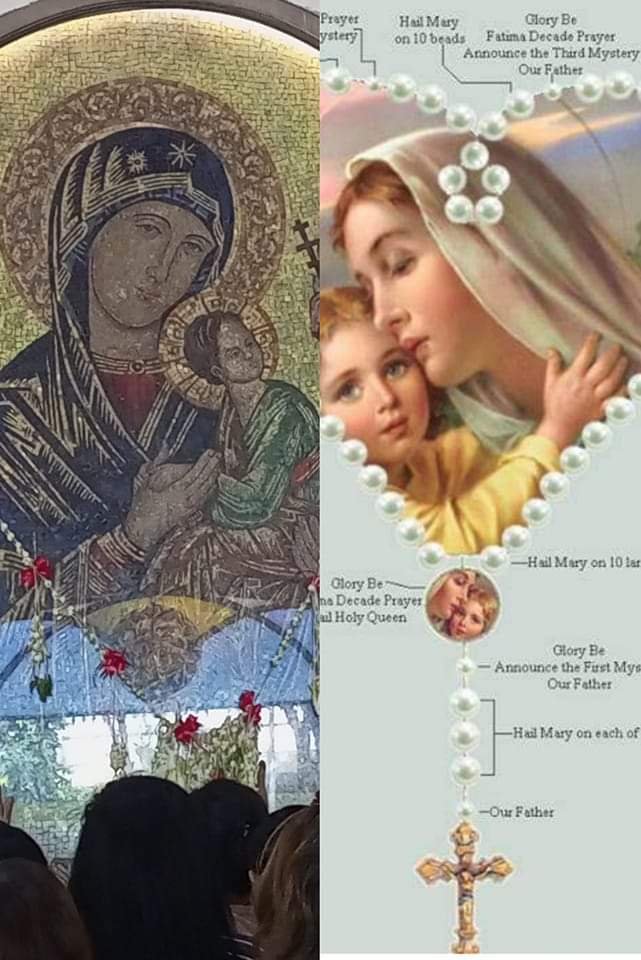
After Mary gives her famous consent to becoming the Mother of God, — “Behold the handmaid of the Lord; be it done to me according to thy word” (Luke 1:38) — she goes “with haste” (1:39) to help Elizabeth, who is delighted to see her. Our Lady then expresses her joy in the Magnificat.

My soul magnifies the Lord
And my spirit rejoices in God my Savior;
Because He has regarded the lowliness of His handmaid;
For behold, henceforth all generations shall call me blessed;
Because He who is mighty has done great things for me,
and holy is His name;
And His mercy is from generation to generation
on those who fear Him.
He has shown might with His arm,
He has scattered the proud in the conceit of their heart.
He has put down the mighty from their thrones,
and has exalted the lowly.
He has filled the hungry with good things,
and the rich He has sent away empty.
He has given help to Israel, his servant, mindful of His mercy
Even as he spoke to our fathers, to Abraham and to his posterity forever.
